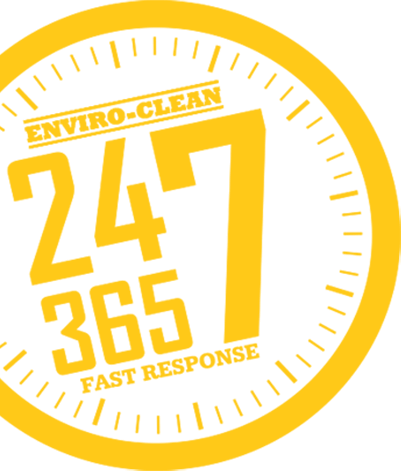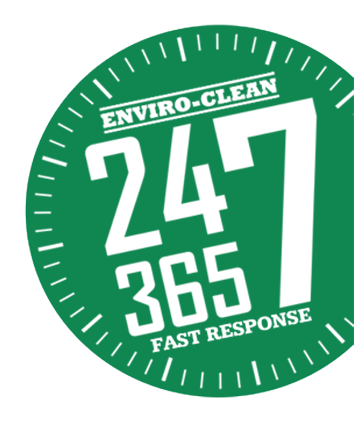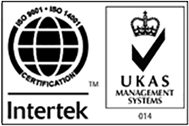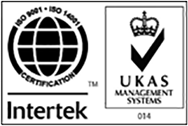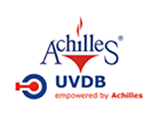DOMESTIC CUSTOMERS SEND US YOUR ENQUIRY OR BOOK USING FORM BELOW
The staff here at Enviro Clean have been desludging septic tanks since the very first day the business was started in 1997.
All of our drivers are experienced in emptying and servicing the many different sizes and designs of tanks and mini packaged treatment plants in properties across the UK. We offer ‘Friends & Family’ discounts for emptying multiple tanks in the same area.
Call now for a price to empty your tank and claim your discount!
What is a septic tank?
A septic tank is an underground tank used for the storage and treatment of wastewater from a property. The waste is treated through the process of biological decomposition, settlement and drainage.
Septic tanks are mainly, but not solely, used in rural areas where properties, or where the local topography around a property prevents a connection to the main public sewerage system.
The septic tank contains the sludges and allow a partially treated effluent to drain off to a local watercourse or soakaway where the ground will filter the effluent further. The sludge will remain in the specially designed hopper within the tank which requires to be emptied annually to prevent the effluent from becoming contaminated with faecal matter.
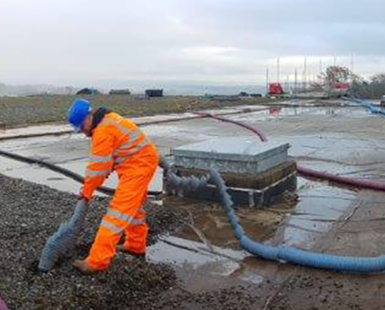

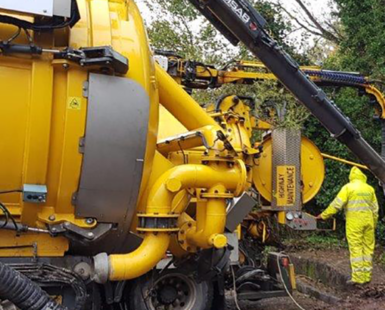
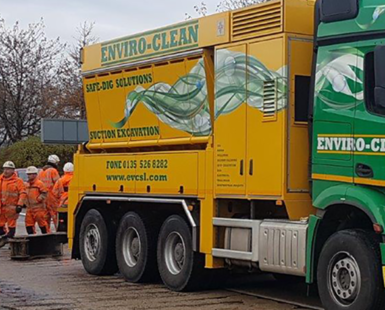
How do we clean and empty your septic tank?
Enviro-Clean are a registered waste management company allowing us to efficiently and safely utilise one of our powerful vacuum tankers to remove the waste and sludge from your tank. We also offer a septic tank cleaning service, which involves jet cleaning the various lines into the tank and clearing and restoring the soakaway. We are specialists in septic tank emptying.
How do we dispose of the waste in an environmentally friendly way?
The waste from the septic tank is brought back to our primary treatment centre and screened to remove any solids that are listed below, grit and greasy floating matter. It is then discharged via a metered unit into the public sewer system, which flows to a local sewage treatment plant. Further treatment and settlement takes place here to ensure a treated, clear water is discharged into the local river.
How to look after your septic tank correctly?
Septic tanks require relatively little maintenance, but if you have a septic tank, you should observe certain rules to make sure your tank operates effectively.
The following items should never be flushed down your toilet:
- Baby Wipes
- Cleaning Wipes
- Cotton Buds
- Food Waste
- Fats, Oils and Grease
- Plastic Bags
- Bandages and Plasters
- Nappies
- Sanitary Towels
- Condoms
- Needles, Syringes and Sharps
- Chemicals, Bleaches and Cleaning Liquids
- Paint and Flammable Liquids
- Tiling Grout, Plaster or Cement
These items will disrupt the biological separation process taking place within the tank and also block inlet and outlet pipes, which may result in the tank contents surcharging in your garden or house! The golden rule is to only flush Pee, Poo and Paper!
How often should my septic tank be emptied & maintained?
It is recommended by the UK environment agencies (SEPA and the EA) that dislodging of the tank take place every 12 months. However, in some cases depending on its use, e.g. caravan parks, hotels, holiday homes, etc., it may require to be emptied more often. In some cases depending on the tank type, size and usage, this period can be extended to 24 months.

